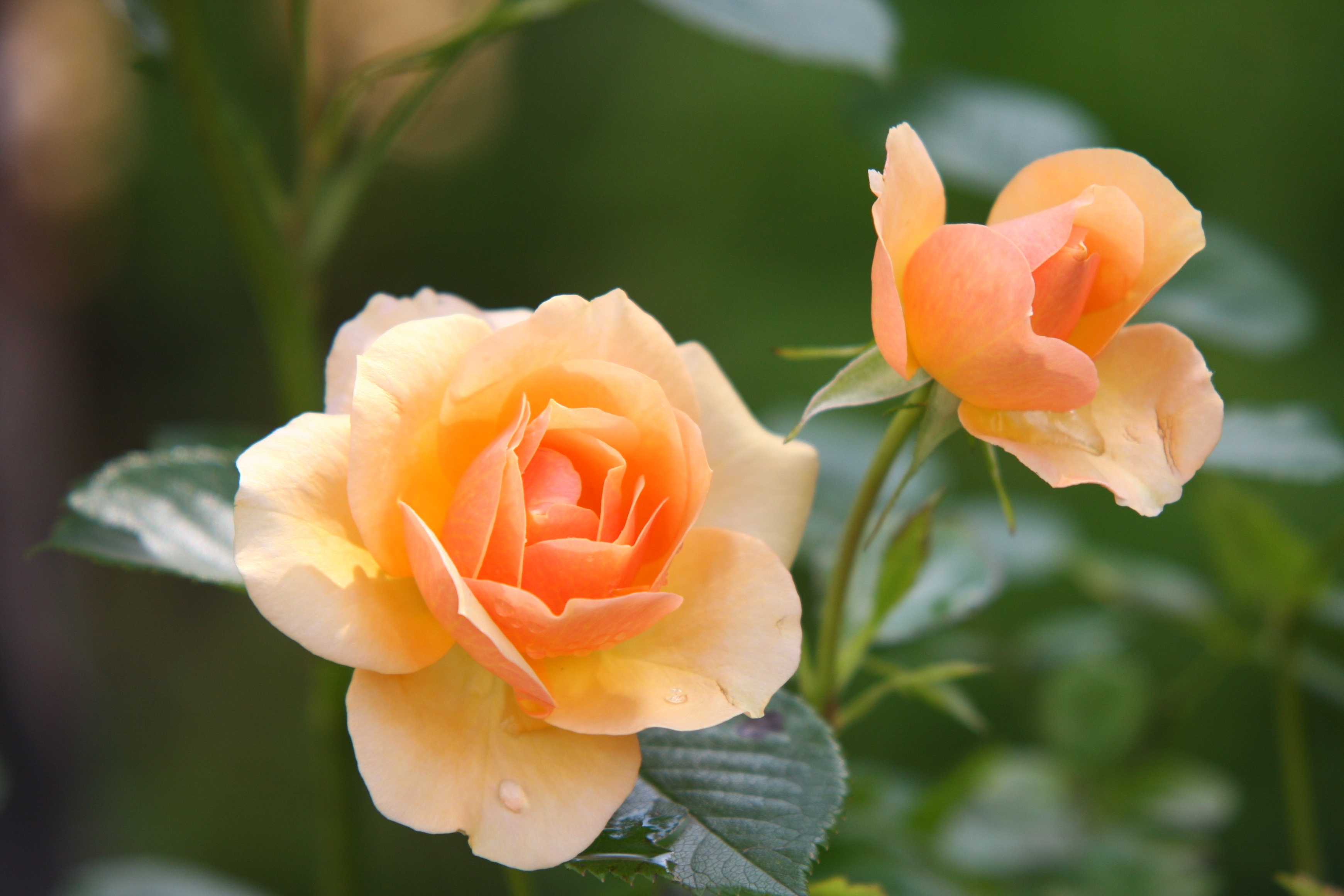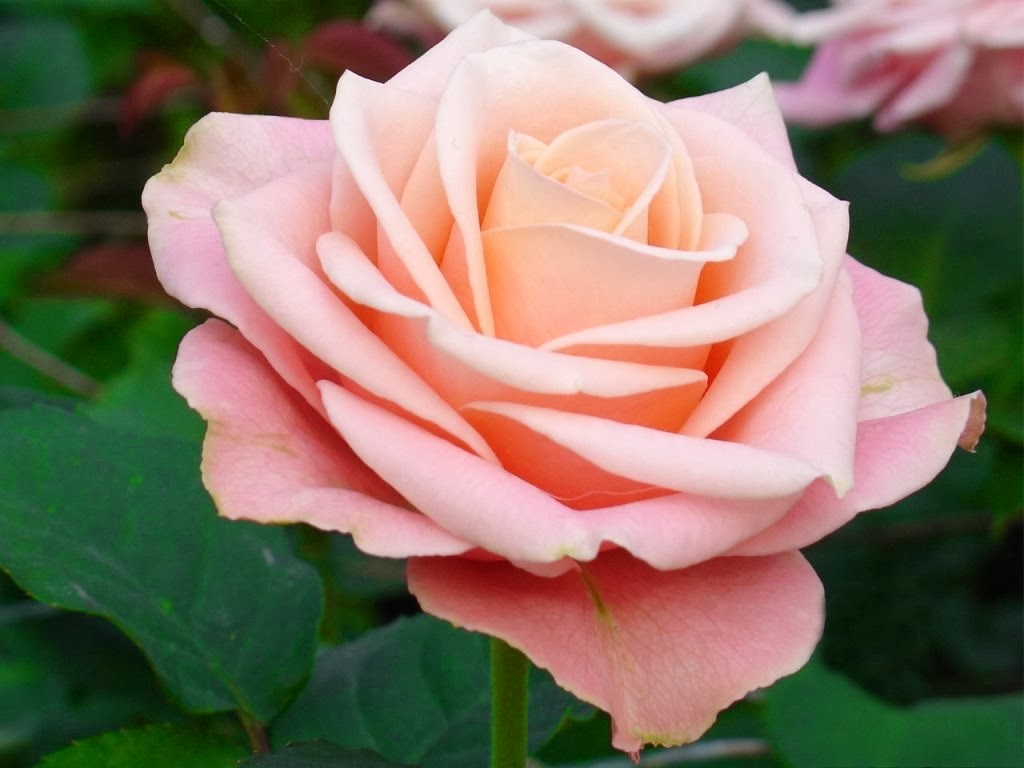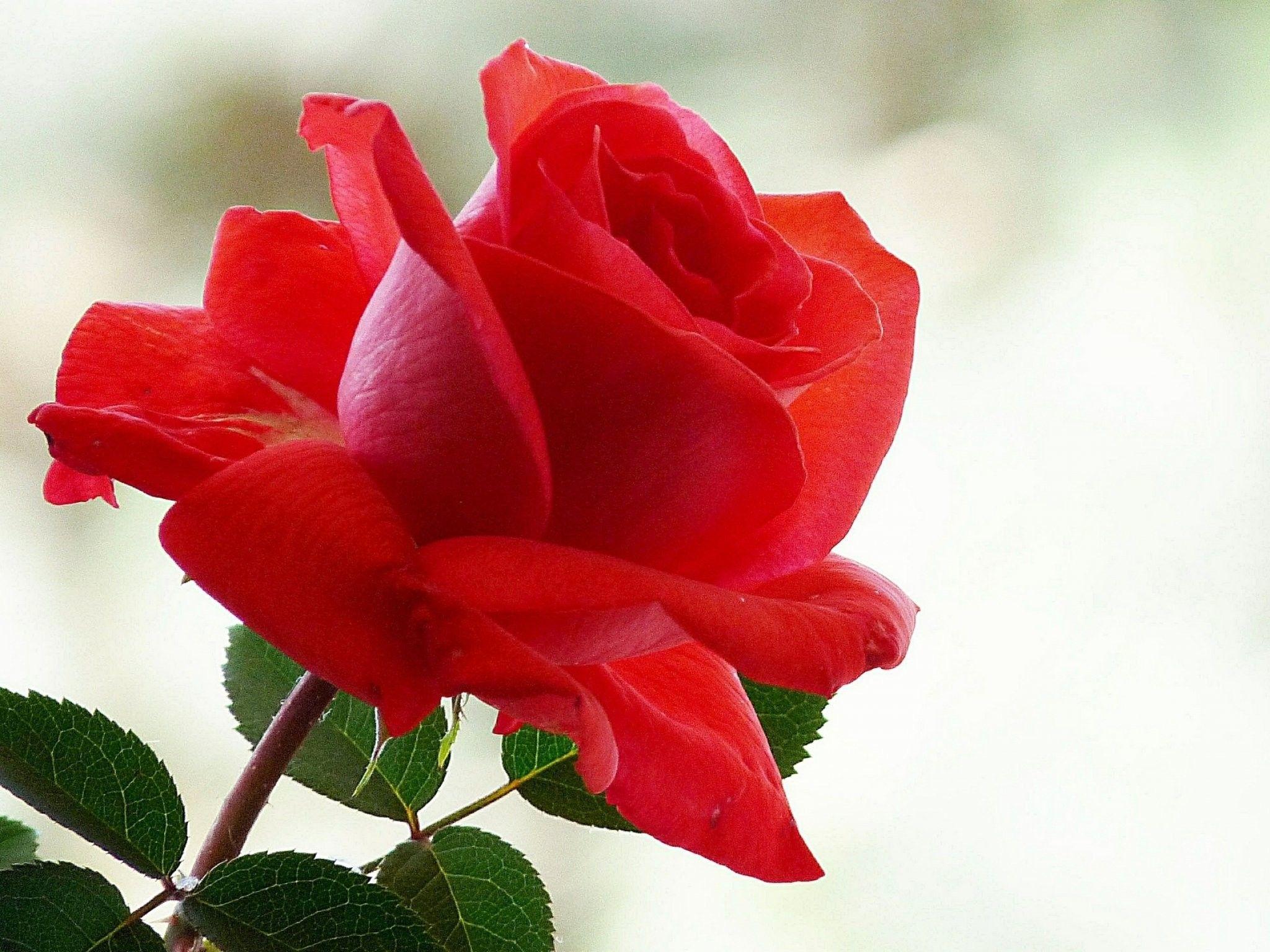Roses are often referred to as the “queen of flowers,” and for good reason. Their beauty, fragrance, and variety make them a favorite among gardeners. However, to achieve vibrant blooms and healthy plants, proper fertilization is crucial. In this article, we will explore the best practices for fertilizing roses, including the types of fertilizers to use, the best times to fertilize, and tips for maximizing your rose garden’s potential.
The Importance of Fertilization in Rose Care

Fertilization is a critical aspect of rose care, as it provides the necessary nutrients that the plants need to thrive. Roses require a balanced supply of essential nutrients, including nitrogen, phosphorus, and potassium, often referred to as N-P-K. Each nutrient plays a specific role in the growth and blooming of roses:
- Nitrogen (N): Promotes leafy green growth and overall plant vitality.
- Phosphorus (P): Supports root development and encourages blooming.
- Potassium (K): Aids in disease resistance and overall plant health.
Without proper fertilization, roses may exhibit stunted growth, poor flowering, and increased susceptibility to diseases. Studies have shown that well-fertilized roses can produce up to 50% more blooms than their undernourished counterparts.
When to Fertilize Your Roses

Timing is crucial when it comes to fertilizing roses. The best practices include:
- Early Spring: Fertilize your roses as new growth begins to emerge, typically around late March to early April, depending on your climate.
- Mid-Summer: A second application can be made in June or July to support ongoing growth and blooming.
- Fall (optional): Some gardeners apply a light feeding in early fall to help roses prepare for dormancy, but avoid high nitrogen fertilizers at this stage as they can encourage new growth that is vulnerable to winter damage.
Observing the specific growth patterns of your roses will help you determine the best fertilization schedule for your plants.
Types of Fertilizers for Roses
There are various types of fertilizers available for roses, each with its own benefits:
- Granular Fertilizers: Slow-release fertilizers are a popular choice as they provide a steady supply of nutrients over time. Look for brands that are specifically formulated for roses.
- Liquid Fertilizers: These offer a quick nutrient boost and are great for addressing immediate deficiencies. They can be applied every few weeks during the growing season.
- Organic Fertilizers: Compost, well-rotted manure, or organic rose fertilizers provide a natural source of nutrients and improve soil structure. They are particularly beneficial for enriching garden soil and enhancing microbial activity.
- Specialized Rose Fertilizers: Some products are formulated specifically for roses and include a balanced N-P-K ratio along with micronutrients. These can provide optimal nutrition for your plants.
How to Apply Fertilizer

Proper application of fertilizer is just as important as the type you choose. Follow these tips for effective fertilization:
- Read the Label: Always follow the manufacturer’s instructions regarding application rates and methods.
- Broadcast Method: For granular fertilizers, spread the granules evenly around the base of the plant, avoiding direct contact with the stems to prevent burning.
- Watering: After applying granular fertilizers, water the plants to help the nutrients penetrate the soil.
- Foliar Feeding: If using liquid fertilizers, consider applying them as a foliar spray for immediate absorption, especially during the growing season.
Signs of Nutrient Deficiency

Recognizing the signs of nutrient deficiencies can help you adjust your fertilization practices accordingly. Here are some common symptoms:
- Yellowing Leaves: Often indicates a nitrogen deficiency.
- Poor Flower Production: May suggest a lack of phosphorus.
- Weak, Stunted Growth: Can be a result of potassium deficiency.
- Leaf Drop: Excessive leaf drop can also signal nutritional imbalances or over-fertilization.
If you notice these signs, it may be time to reassess your fertilization strategy.
Case Study: The Impact of Fertilization on Rose Gardens

A study conducted by the American Rose Society in 2021 demonstrated the significant effect of fertilization on rose production. In a controlled environment, two groups of roses were monitored over a growing season. One group received regular fertilization while the other was left unfertilized.
The results were striking:
- The fertilized group produced an average of 75 blooms per plant, compared to just 30 for the unfertilized roses.
- Additionally, the fertilized roses exhibited healthier foliage and improved resistance to common diseases.
This case underscores the necessity of a proper fertilization regimen for achieving lush, vibrant rose gardens.
Additional Tips for Healthy Roses

In addition to proper fertilization, consider the following tips to enhance the health and vibrancy of your roses:
- Soil Quality: Ensure your soil is well-draining and rich in organic matter. Conduct a soil test to determine pH and nutrient levels.
- Watering: Maintain consistent moisture, especially during dry spells, as roses need adequate water to absorb nutrients.
- Mulching: Apply organic mulch around the base of your roses to retain moisture, suppress weeds, and gradually improve soil fertility.
- Pest and Disease Management: Regularly inspect your roses for pests and diseases. Prompt action can prevent nutrient loss and promote overall health.
Fertilizing your roses correctly is essential for achieving the vibrant blooms and robust health that every gardener desires. By understanding the importance of nutrients, timing your applications, choosing the right type of fertilizer, and recognizing signs of deficiency, you can create a thriving rose garden. Remember to incorporate good gardening practices such as maintaining soil quality and managing water effectively. With diligence and care, your roses will flourish, rewarding you with stunning displays of beauty throughout the growing season.
Whether you are a novice gardener or an experienced rose enthusiast, the knowledge gained from this article will help you cultivate the rose garden of your dreams. Happy gardening!




